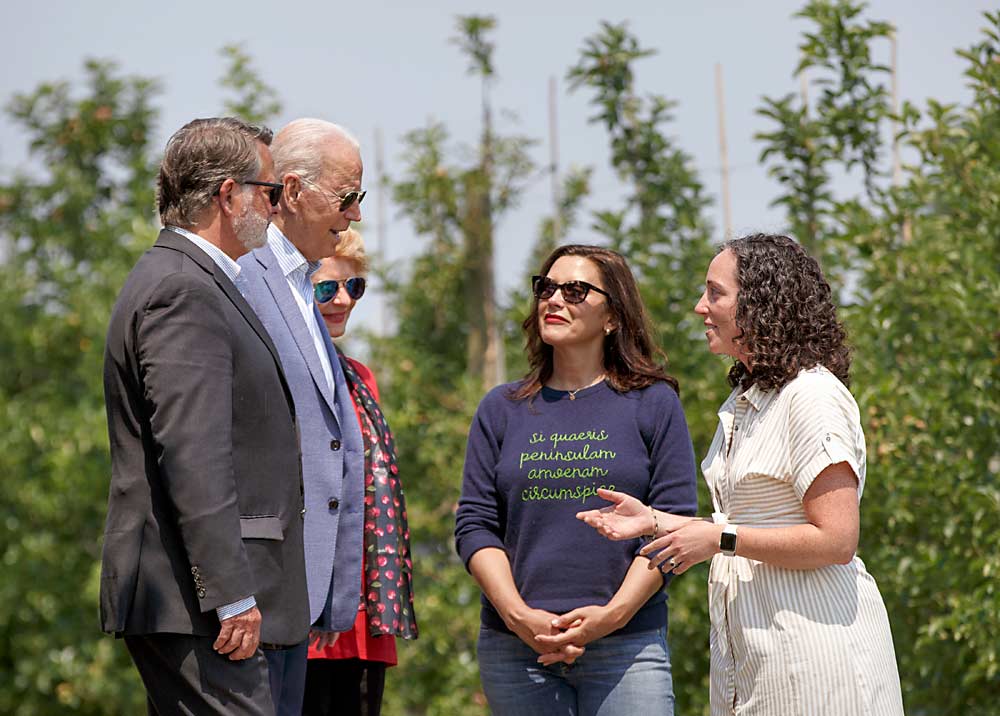
Editor’s note: After our December 2021 print publication deadline, the U.S. Apple Association announced their Young Apple Leaders program is changing to a new program called the NextGen Apple Fellowship. The program will provide eight fellows, annually, with career development, one-on-one mentoring, hands-on advocacy experience, community service work and other benefits. Applications are open until Dec. 31. For more information, visit: https://usapple.org/news-resources/usapple-announces-new-nextgen-apple-fellowship-applications-open-dec-1.
The U.S. Apple Association created its Young Apple Leaders program to prepare the industry’s next generation by giving them a look at the federal legislative and regulatory process, and by creating opportunities for them to network with peers and industry leaders.
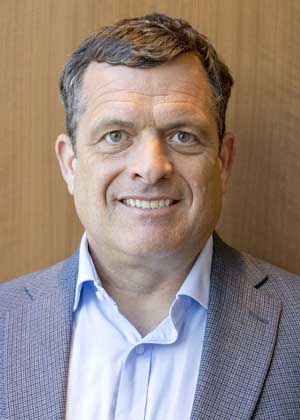
On at least one occasion, the experience prepared one young grower for a visit from the president of the United States.
Young Apple Leaders, YAL, now in its 12th year, is open to growers and those in apple-related businesses who are 35 and younger. Many previous participants have gone on to join USApple’s board of directors.
Mike Preacher, past chair of the board and marketing director for Domex Superfresh Growers in Washington state, called the program USApple’s “lifeblood.” He said the industry’s need for new leadership is perpetual.
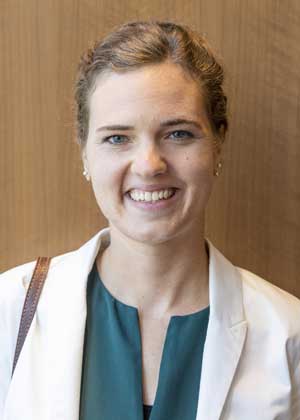
“It’s so crucial we get these young and rising farmers and people in the industry involved,” Preacher said. “It’s fun to see the infusion of energy they bring. And they understand consumers better, in my opinion.”
Preacher said Elizabeth Wittenbach of Wittenbach Orchards in Michigan is a great example of the YAL leadership pathway: She joined the program in 2014, currently serves on USApple’s board of directors and is now in her second year on the board’s executive committee.
Wittenbach also chairs the committee that oversees YAL. She said a number of USApple’s current board members might not be serving if not for their YAL experiences.
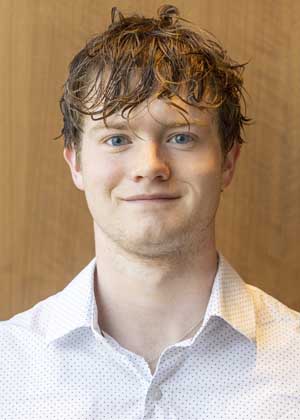
Because of the coronavirus pandemic, the program’s class of 2021 missed out on some traditional YAL experiences. They had to cancel Capitol Hill Day, the annual trip to Washington, D.C., when the young leaders visit legislators and learn how to advocate for the apple industry in person. (They hope to be able to participate next year.) But the program held virtual meetings on a monthly basis, during which industry leaders spoke on a number of topics.
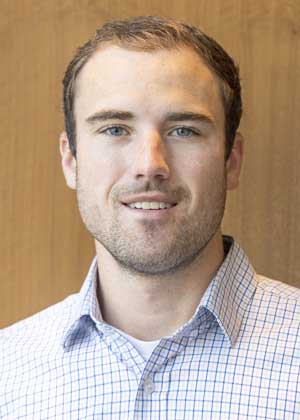
The 2021 YALs were finally able to meet in person at USApple’s Outlook Conference in August.
“It’s been a great learning experience,” said Tristan Williams, who works for Turkey Knob Growers in Virginia. “It’s good for someone like me who doesn’t know how the industry works completely yet.”
Williams, 20, has been working summers at Turkey Knob since he was 12, where he’s gone from sweeping the shed to running the company’s Instagram account. Currently a sophomore at James Madison University, YAL already taught him that the apple industry’s challenges involve more than just agriculture, he said. Growers also must consider politics, economics and public relations.
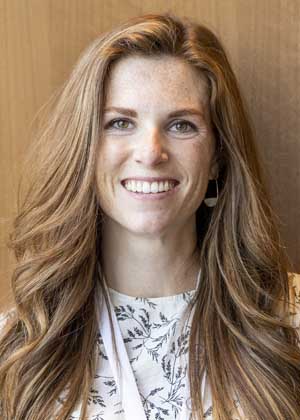
Matt Dykstra, 26, is another member of the class of 2021. He’s a quality control manager at Riveridge Produce Marketing in Michigan. He learned about YAL from Riveridge employees who previously participated. He said it’s been a good way to learn about the industry and meet people.
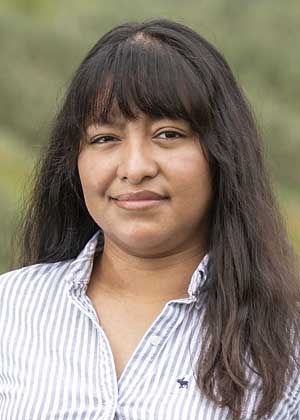
When she heard about YAL, Katie Harmon, 28, applied to be in the class of 2021. A communications manager at Stemilt Growers in Washington state, she said the program has been a great learning opportunity.
Alma Tacuba, 27, a sales and account manager with Rice Fruit Co. in Pennsylvania, learned about YAL from a co-worker. She said it was nice to finally meet people in person at the conference and speak with them face-to-face.
Here comes the president
Juliette King McAvoy, 35, is a member of YAL’s class of 2017. Now vice president of sales and marketing at her family farm, King Orchards in Central Lake, Michigan, she said YAL not only familiarized her with the federal policy process but improved her confidence and public speaking skills.
Those skills came in handy when President Joe Biden came to visit.
The first steps were taken in summer 2020, when the Biden campaign, catching wind of King Orchards’ statements regarding climate change, shot a commercial on the farm. Jill Biden visited shortly after that, which King McAvoy considered a “once in a lifetime” opportunity.
But in summer 2021, President Biden wanted to visit a cherry farm in Northwest Michigan, where most of the country’s tart cherries are grown. Gov. Gretchen Whitmer’s office, tasked with finding a cherry farm that could handle a visit of that magnitude and with finding growers who could articulate the issues facing family fruit farms, reached out to King Orchards.
“Of course, we were willing to host the president,” King McAvoy said. “(Biden) said it was because Jill liked the pie.”
The president visited July 3, during Traverse City’s National Cherry Festival. It took his staff and security detail a couple of days to prepare. The logistics were “incredible,” King McAvoy said.
The president flew into Traverse City, took a helicopter to a tiny airport about 10 miles from the farm, then took a motorcade to the orchard. The public was allowed into a restricted area and had to be screened before coming onto the property, she said.
Biden was joined by Whitmer and Michigan Sens. Debbie Stabenow and Gary Peters. King McAvoy walked the group through her orchards, talking about the current cherry crop — their second crop failure in a row — climate change, environmental protections, import prices and increasing farm expenses. She introduced the president to four Guatemalan employees who’ve been with the farm for over 35 years.
The tour took about 25 minutes. Once they got to the section where a few hundred people were gathered, Biden started shaking hands. He seemed determined to talk to every person there, King McAvoy said. The visit was originally scheduled to last about an hour and a half, but ended up lasting over three hours.
“His staff was definitely not prepared for the length of time he was spending with the public,” she said with a laugh. “They asked me if I could move him along. I was like, ‘You want me to move the president?’”
Biden bought pies and cherry concentrate, took photos with the King family, and then it was time to leave. All in all, it was an “amazing” experience, King McAvoy said.
“Regardless of what party you affiliate with, to have the president choose to come to your farm is pretty incredible.”
—by Matt Milkovich






Leave A Comment